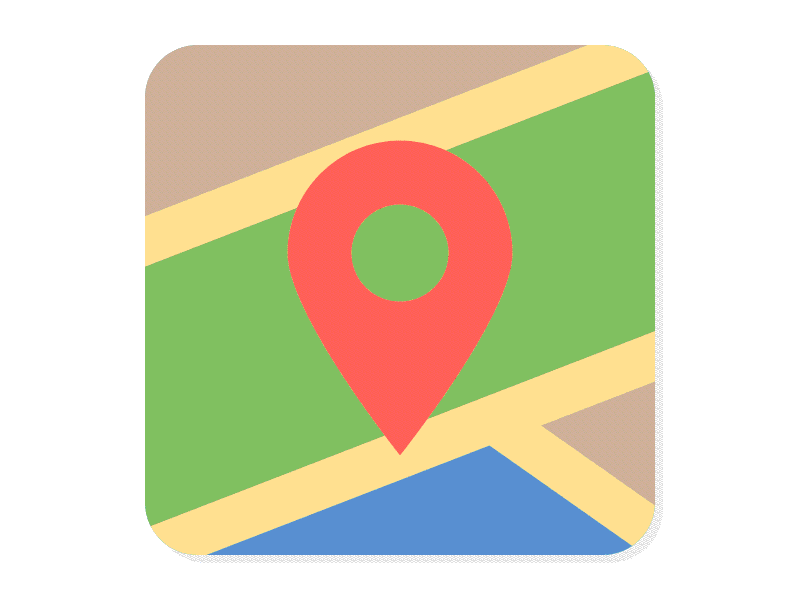
#GOOGLE MAPS COLORIZE HOW TO#
Learning how to walk: Google Maps has made it possible to show up in a new city and find your way around without any prior planning, asking for directions or unwieldy map-folding. Pretty please: Kids these days, amirite? Assistant will receive a feature that rewards politeness, ostensibly teaching children the proper way to speak to their eventual robot bosses.
#GOOGLE MAPS COLORIZE UPDATE#
Update your settings here, then reload the page to see it. This content is not available due to your privacy preferences. In a recorded demo on the I/O stage, Assistant even said "Mhmm" when it was asked to hold on a moment, meaning it's nearly time to give up entirely and just assume everyone in your life is actually a robot, not just spam callers. Never talk to a human again: Google Assistant will soon have the ability to call real humans and complete simple, conversational tasks such as setting appointments or buying tickets over the phone. Hey, Google gone: The frenzied cheers of 7 million Google Home owners rang out across the world today as Google announced they'd soon be able to interact with their devices without having to say, "Hey, Google," before every single sentence. OK, fine - that does sound amazingly useful. The incoming Google Photos update will also add a feature that spots paperwork in your photos and instantaneously scans them in as. Pichai showed off the feature with what looked to be an old, cherished family photo, but it'll probably work just as well on your '90s-era hobbyist reels as well.Ĭonvert to PDF: Only at Google I/O would an entire amphitheater of people cheer at the prospect of automatic document scanning. Revisionist history: Google Photos is getting an update in the "next couple of months," and one of its most-applauded new features is an ability to colorize black-and-white pictures with the tap of a button. Politicians have long understood the mainstream appeal of consuming average Joe foods, and it looks like Google has seen the light. Pichai kicked off the conference by looking at two emojis Google recently fixed, the cheeseburger (the cheese is no longer on the bottom bun) and beer mug (the foam is connected to actual beer now).

Here are just 10 of those.īeer emoji: Consider this one the granddaddy of today's tiny announcements. At I/O 2018, Google took the time to share incremental, fun and weird updates to this reality - updates that were met with 🙌. Google is one of a few technology companies building our new, shared reality. Instead, it can just update the applications that we already accept as part of the fabric of modern life, make them more friendly, more adorable or more useful, and these ideas automatically feel like welcome and necessary improvements, despite any flaws, privacy concerns or unintended consequences inherent in the core feature. Google no longer has to prove how useful or innovative its ideas are.

You can disable notifications at any time in your settings menu. As with Facebook, we grant Google unprecedented access to our personal information, and we use its services so much that the company's name itself is a verb. Google is already a massive force in modern society it controls how we navigate the world, which businesses we see, the information we're provided and countless other fundamental aspects of the daily grind. Still, some of the largest rounds of applause stemmed from seemingly innocuous announcements - small tweaks and cute updates to the services we've already allowed into our lives. These are big, bold steps, complete with Minority Report-level promises of the future. It all starts with the beer emoji.Īt Google's I/O developer conference on Tuesday, CEO Sundar Pichai and a lineup of developers presented the company's vision for the next year and beyond, announcing things like Google Duplex, snow-traversing self-driving car systems, and major updates to Maps, ARCore, Assistant and News. No, Google's plans for world domination are much more subtle than that. It won't be with the inception of an all-powerful artificial intelligence application, via the advent of self-driving cars, or through Assistant's steady creep into our everyday lives, though Google will certainly use these tools to dictate our decisions, possibly before we've even made them ourselves.


 0 kommentar(er)
0 kommentar(er)
